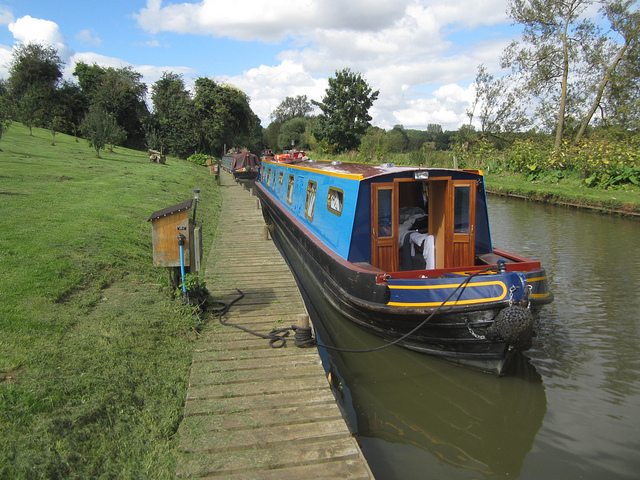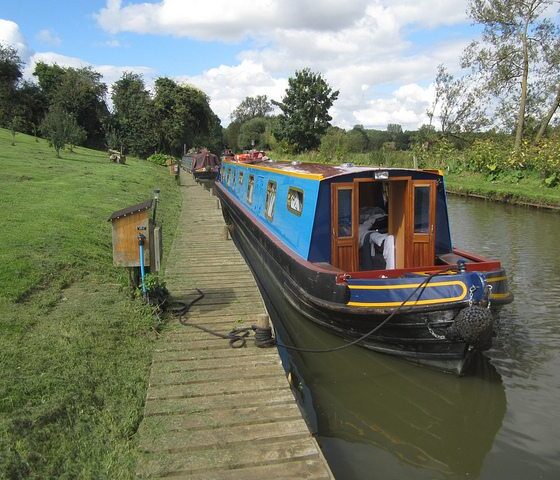

Energy
Will boaters swap their generators for solar panels?
Neil Phillips looks at the many economic and environmental advantages of portable solar panels for boat owners and passionate sailers.
For years now the most popular way to power lifestyle items on a narrowboat has been via petrol generators. While efficient, generators are loud, smelly and polluting. On top of that, they can cost hundreds if not thousands of pounds for a unit, with the price of petrol only ever seeming to increase.
But there is an alternative. Recent advances in technology have made portable solar panels more efficient and convenient than they have ever been before and many canal boat users are turning to them as a means of fully or partially powering their on-board lives.
Practically speaking, your solar panels will sit on the roof of your boat. You may need adhesive or some other type of frame or support to install them.
Some panels are even flexible up to 30 degrees or so. With these, you can generate even more energy in the evenings and mornings when the sun is not overhead. These panels are made up of extra efficient monocrystalline cells. They are also ultra-thin (about 3mm) and extremely easy to mount.
While your panels are never going to be as aesthetically pleasing as a roofgarden, as long as the panels are not shaded you can still decorate around them.
The best way to find out what kind of solar panel system is best for you is to perform a power audit which tells you how much electricity you use. Usually, you require more power in winter than in summer so you should consider an option that will be usable throughout the year.
As a rule, a 40-Watt solar panel should power an array of small object such as a mobile phone, tablet or stereo. A 60-Watt solar panel will generate enough energy to power all of the previous items and some lightbulbs (obviously depending on their wattage!).
If you install a 90-Watt solar panel on your narrowboat you should be able to power items like a fan or a TV.
All of these options should be cheaper than a generator, though extra features like pulse width modulation technology that allows you to switch your device on and off, will set you back a bit more.
You can also choose systems with LCD indicators to show your solar panel’s charge level. Some more advanced versions also show battery health and have recovery software. The most advanced of these are expensive, but they make things a lot easier and include features such as Maximum Power Point Tracking and remote displays with digital panels.
The many benefits of adopting solar panels look set to lead a huge change in the power choice of canal boat owners. Why pay for your energy when you can get it for free?
Neil Phillips is the owner of outdoor lifestyle brand Sail&Trail and is a keen canal boater.
Photo: Matt Brown via flickr
We’re live on Crowdcube. To own a share in our tomorrow, click here.
#investaware


 Environment12 months ago
Environment12 months agoAre Polymer Banknotes: an Eco-Friendly Trend or a Groundswell?

 Features11 months ago
Features11 months agoEco-Friendly Cryptocurrencies: Sustainable Investment Choices

 Features12 months ago
Features12 months agoEco-Friendly Crypto Traders Must Find the Right Exchange

 Energy11 months ago
Energy11 months agoThe Growing Role of Solar Panels in Ireland’s Energy Future



























